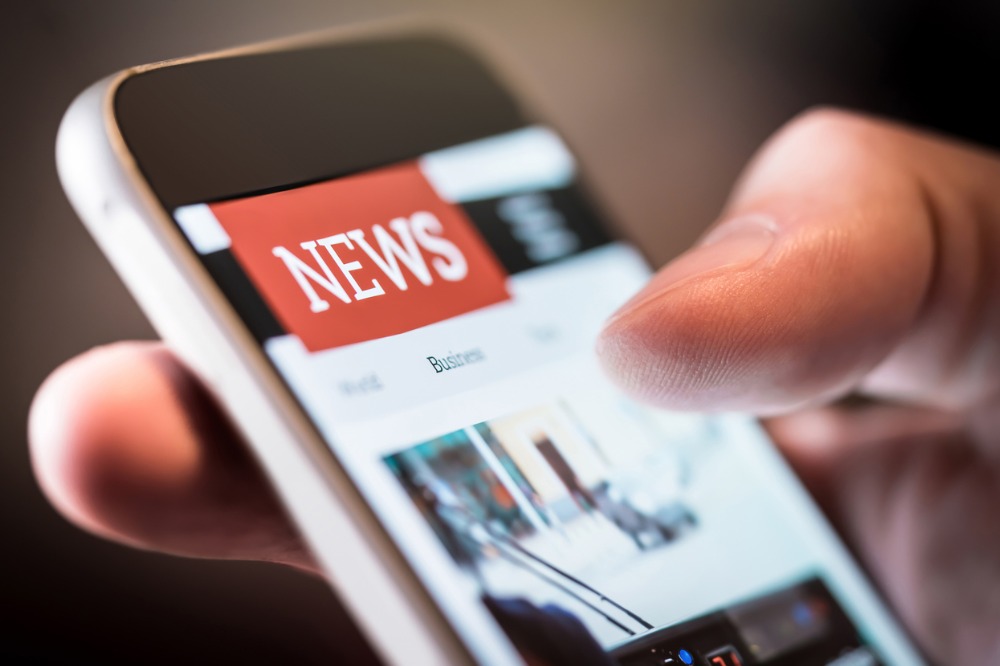
by Pete Burdon
Dealing with the news media at any time is stressful for many school leaders, let alone during a major crisis. But by better understanding the media and how to avoid a few invisible traps, they can become a valuable ally.
Why should I talk to them?
If there is some issue like suspected Coronavirus cases or big problems with your online learning after school lockdowns, media will come to you first. This gives you the chance to control the story, but if you refuse, they will find other sources. These sources may be less than sympathetic or get things wrong, while your points will get minimal coverage. If you don’t talk at all, they will say you refused to comment. This makes it look like you’re not in control of the situation or don’t care.
What’s the answer?
The answer is to communicate with them, but you need to know how to do this properly. The big difference with media is that unless you are talking to them in a live broadcast interview, their stories will only include snippets of what you say or write.
The key to control this is to be brief and only share information that could comfortably stand on its own if selected by media to use as the focus of a story. This goes for all communication because reporters have a knack of finding anything you send to your community, while they also keep an eye on social media.
You need a clear message
The best thing to do with any major issue is to create a clear three-point message and stay focused on that with all of your communication. That doesn’t mean you say nothing else, but that’s your focus. An example message for COVID-19 could be the following.
- Our thoughts are with everyone in the school community
- We are doing all we can to keep the virus out of the school
- The health and safety of our students is our top priority
If your school is locked down, this message would be different. You could then face other issues like complaints about the online learning you are offering.
Why can’t I just send media a statement or get them to email me their questions?
If we are talking about a local print reporter that you know well, this can sometimes work. But usually a media interview is a far better option. Firstly, if it’s radio, they will want your voice on tape, and if it’s TV, they will want your picture. If they can’t get that, they’ll need to find someone else (Perhaps a concerned parent).
Secondly, if you know how to manage a media interview, you can continually come back to your key points so that there’s little else for the reporter to use in the story. This may sound hard, but believe me, it’s easy once you know how and practice.
In contrast, it’s difficult to make your points the focus of the subsequent story if you get a number of questions sent through. It also gives media the ability to pull snippets from each answer to put a story together that is completely out of context.
In a nutshell, by understanding how you lose the power of context with media and mastering the art of the media interview, you can literally turn any media encounter into an opportunity to get some important messages across.
Pete trains School Leaders how to handle the news media. Check out his Coronavirus video at PeteBurdon.com.


